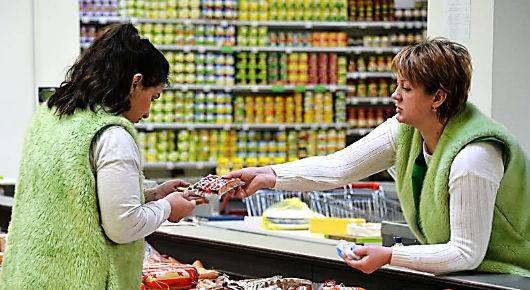FAO and Kyrgyzstan sign new cooperation agreement

Improved nutrition, reductions in rural poverty, sustainable management of Kyrgyzstan’s natural resources, and adapting to climate change are central themes in a new cooperation agreement with the UN Food and Agriculture Organization (FAO).
The FAO Country Programming Framework for the Kyrgyz Republic, signed here today, will guide FAO’s work in the country during the period from 2018 to 2022. It is designed to align with the National Strategy 2040 and the five-year National Sustainable Development Strategy 2018-2022.
FAO assistance and policy advice are foreseen in three priority areas:
- develop and strengthen coherent and gender sensitive policies and programs in the field of agriculture, food security, nutrition, social protection, and rural development
- reducing rural poverty through support to smallholder agriculture
- sustainable natural resource management, and resilience to climate change and disasters
Agriculture plays a vital role in the economy of the Kyrgyz Republic, contributing more than 14 percent of gross domestic product, or GDP, and employing one-third of the population, including an estimated 70 percent of the poor.
More than 400,000 small-scale farms, averaging 3 hectares in size, dominate the agricultural sector in Kyrgyzstan, producing 96 percent of agricultural output. Yet, the poverty rate remains high (25.6 percent of population in 2016), with variability across regions.
More than 400 000 small-scale farms, averaging
3 hectares in size, dominate Kyrgyzstan’s agricultural sector –
producing 96 percent of agricultural output.
Even more striking is the disparity between urban areas (with an average 18 percent poverty rate) and rural areas (with 29 percent of households below the poverty line).
Opportunities for income generation through off-farm employment in rural areas are limited, and many households are sustained by remittances from family members working abroad. The total value of remittances annually is estimated to account for 31 percent of the country’s GDP.
Despite obvious benefits to families, the high level of dependence on remittances points to a social problem: labour migration that breaks up families and leaves women, elderly and children behind in rural areas.
“Rural incomes are tied largely to agricultural productivity,” said FAO Representative in Kyrgyzstan Dorjee Kinlay. “Low productivity results from poor access to productive resources, agricultural extension, rural advisory services and key inputs – including seeds, fertilizers, machinery, processing technologies, affordable credits, and marketing.
“Our work in Kyrgyzstan,” Kinlay continued, “will directly contribute to achievement of the country’s priorities – reducing poverty and inequality, improving food security and nutrition, stimulating livelihood development and creating decent work opportunities, building household resilience, improving environmental protection, and adapting to climate change.”
Developed in consultation with an inter-ministerial working group, line Ministries, development partners, UN agencies, civil society, academia and the private sector, the FAO Country Programming Framework matches the country’s needs and priorities with the expertise and experience of FAO.
21 December 2017, Bishkek, Kyrgyzstan
